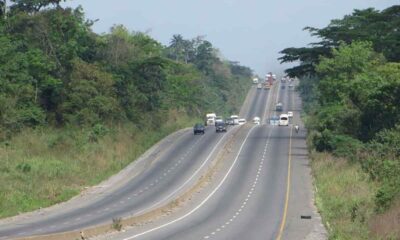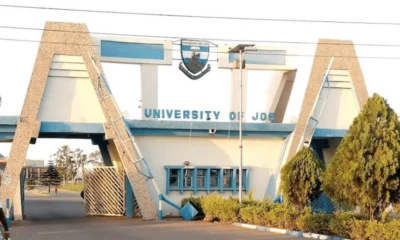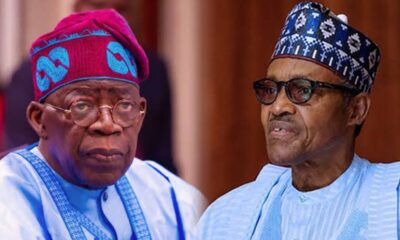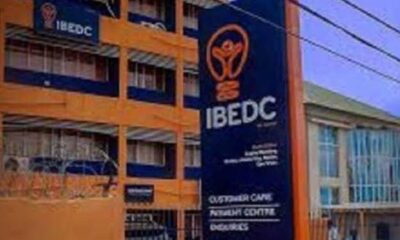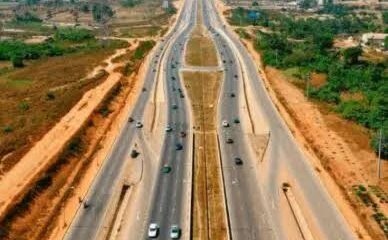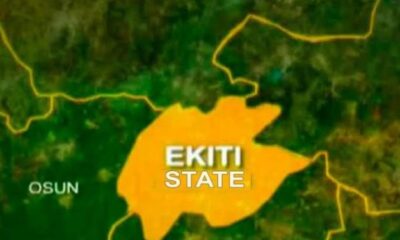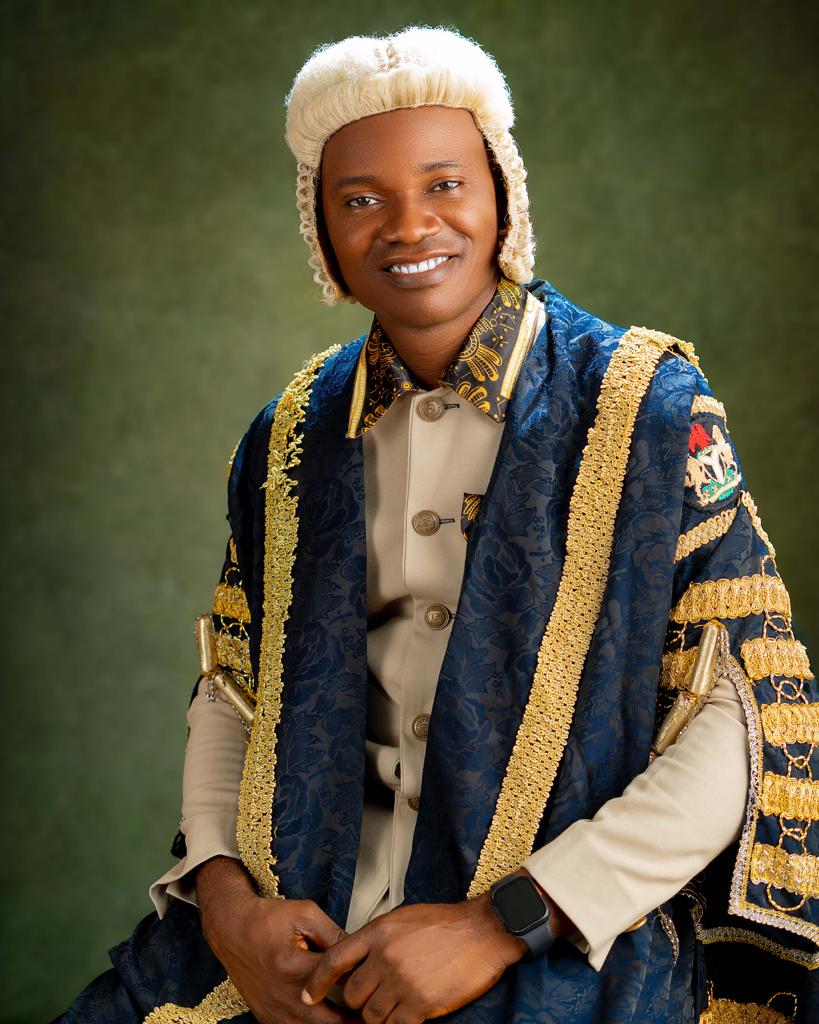EDITORIAL
Inside Ebonyi: Silencing Journalists and Activists by Any Means
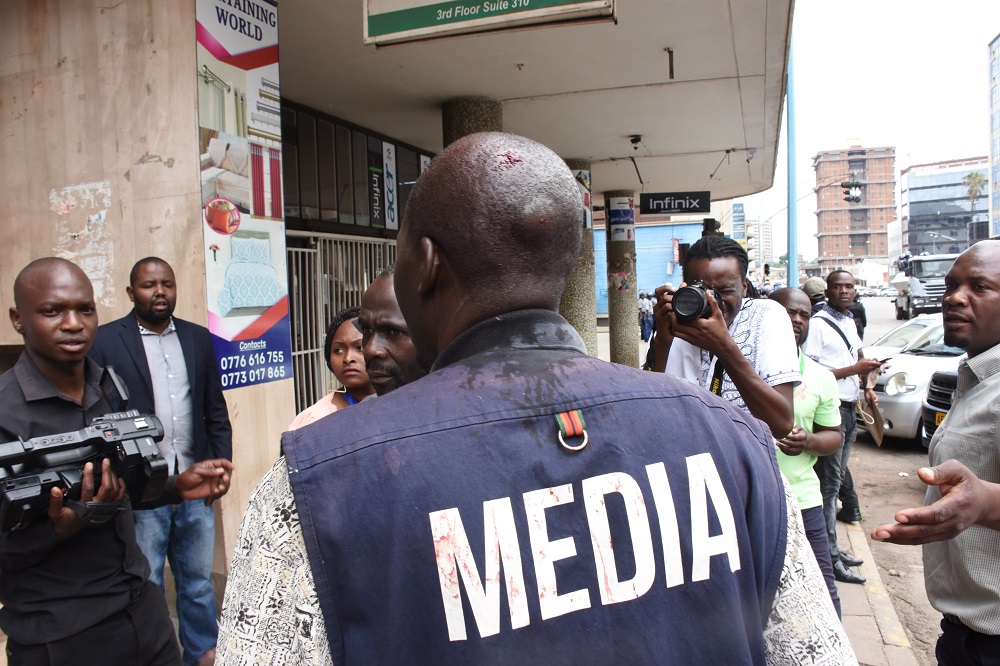
In a democratic society, the freedom of speech and expression — particularly the right to hold the government accountable — is not a privilege but a foundational right. Unfortunately, in Ebonyi State, Nigeria, this right is increasingly under siege. A chilling pattern is emerging where both legal and illegal tools are weaponized by those in power to suppress dissenting voices, particularly journalists and activists.
The situation in Ebonyi is emblematic of a broader democratic backslide, but the brazenness of the tactics used there makes it especially alarming. Journalists who dare to question the actions of state officials or expose corruption risk arbitrary arrest, intimidation, surveillance, or worse. Civil society actors and activists are routinely harassed, threatened, or forced into hiding. The message is clear: Speak out, and suffer the consequences.
Under the guise of law enforcement and order, the state has co-opted judicial and security apparatuses to stifle scrutiny. Dubious charges such as cyberstalking, defamation, or incitement are used to detain critics.
These charges, often lacking substantive evidence, are dragged through a compromised legal system, where delay becomes punishment. In some cases, secretive trials and questionable court orders are used to justify prolonged detentions, denying the accused a fair hearing or even access to legal representation.
Equally disturbing are the extrajudicial methods: anonymous threats, physical assaults, break-ins at the homes and offices of outspoken individuals, and surveillance designed to intimidate. These actions suggest a shadow network of enforcers willing to operate outside the law, often with tacit or direct approval from those in power. The failure of the authorities to investigate these incidents — or their complicity in them — only deepens the climate of fear.
One must ask: Why is the state so fearful of scrutiny? The answer lies in the fear of exposure. As journalists uncover corruption in public contracts, misuse of funds, and abuse of office, and as activists mobilize citizens to demand accountability, the state apparatus reacts with panic, resorting to brute force and legal chicanery to mute dissent.
This erosion of press freedom and civil rights in Ebonyi sets a dangerous precedent. It signals to other political actors that power can be maintained not by serving the people, but by silencing them. If allowed to continue unchecked, it could embolden other state governments to follow suit, creating a cascade of repression across Nigeria.
Civil society, the judiciary, and national institutions must act swiftly and decisively. Federal authorities must investigate these abuses and hold perpetrators accountable, regardless of their political stature. The Nigerian Union of Journalists and human rights organizations must amplify the voices of those silenced in Ebonyi and demand systemic reforms.
Freedom is not something to be begged for; it is to be demanded. The people of Ebonyi — and Nigeria at large — deserve leaders who respect their voices, not those who seek to extinguish them. A society that silences its truth-tellers is a society in decline. We must not let this become the norm.
Discover more from Asiwaju Media
Subscribe to get the latest posts sent to your email.
-

 NEWS7 days ago
NEWS7 days agoDavid Beckham Hospitalized With Arm Injury As Victoria Shares Update
-
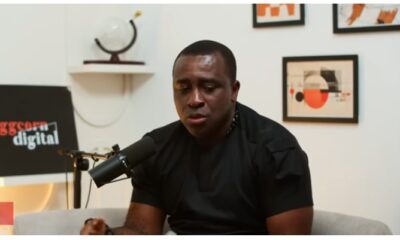
 ENTERTAINMENT6 days ago
ENTERTAINMENT6 days agoFrank Edoho Confirms Split From Second Wife Sandra Onyenuchenuya
-

 NEWS6 days ago
NEWS6 days agoMan Heartbroken As Girlfriend Of 2 Years Denies Him During Interview With YouTuber Asherkine At UNN
-

 ENTERTAINMENT6 days ago
ENTERTAINMENT6 days agoNollywood Mourns As Actor And Producer Kayode Peters Reportedly Passes Away In Canada
-

 JOBS/SCHOLARSHIPS7 days ago
JOBS/SCHOLARSHIPS7 days agoFG Releases YEIDEP 2025 Payment Schedule, Sparks Hope for Youth in Agribusiness
-

 POLITICS5 days ago
POLITICS5 days agoChristian Asaga Nwali Bags Award for Contributions to Community Development
-

 INSIDE NYSC7 days ago
INSIDE NYSC7 days agoNYSC DG Calls For Unity and National Development During Lagos Camp Visit
-

 SPORTS6 days ago
SPORTS6 days agoAbakaliki FC Faces Kwara United Today in Federation Cup Final
-

 ENTERTAINMENT6 days ago
ENTERTAINMENT6 days agoUNN Student Becky Breaks Silence, Denies Claims Of Boyfriend Denial After Viral Outing With Asherkine
-
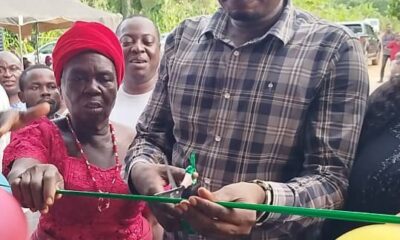
 NEWS6 days ago
NEWS6 days agoPhilanthropist Christian Asaga Nwali Commissions Bungalow for Elderly Widow in Ikwo
-

 POLITICS5 days ago
POLITICS5 days agoSenator George Akume Resigns as Secretary to the Government of the Federation
-

 SPORTS5 days ago
SPORTS5 days agoAfonja Warriors Spice Up the Final, Leave Rice Boys with an Empty Bowl

